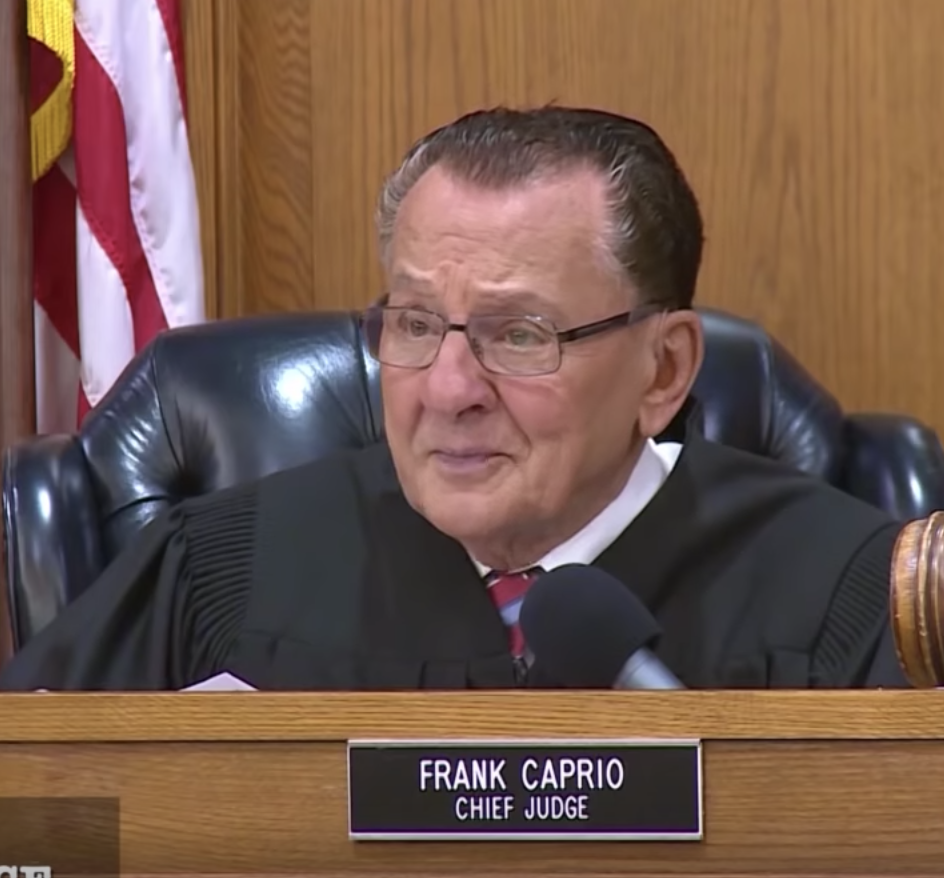That’s the deadline facing the bipartisan Congressional committee on a plan to reduce the country’s deficit by at least $1.2 trillion over the next ten years.

“I am worried you’re going to fail – fail the country.” That’s what Erskine Bowles recently said to the committee. Bowles was one of the co-chairs of the president’s fiscal commission originally set-up to study and recommend a series of budget changes.
Former Wyoming Senator Alan Simpson, the other co-chair, pointedly told the committee that anti-tax advocate Grover Norquist, and the AARP were both guilty of obstructing efforts at a compromise.
By all reports, the deficit committee – comprised of 6 Republicans and 6 Democrats from both the House and Senate – are not any closer to anything resembling a compromise plan to put before both chambers of Congress. According to the debt deal agreed to by both parties, if the committee fails in developing a viable plan, it will trigger automatic cuts across the board in all areas of the federal budget including the Pentagon.
And this is where we find a new wrinkle.
“Several members of Congress,” the New York Times reports, “especially Republicans on the House and Senate Armed Services Committees, are readying legislation that would undo the automatic across-the-board cuts totaling nearly $500 billion for military programs, or exchange them for cuts in other areas of the federal budget.”
In essence, because one group of elected officials isn’t getting their way, they will find another way to alter the agreement. In other words, they’ll find a way to go back on their word. In other words, we’re back to square one.
“Senator Lindsey Graham,” the Times reported, “has drafted a bill that would replace the military reductions that would occur under a process known in Congress as sequestration with 5 percent cuts to other, unspecified parts of the federal budget, and a 10 percent decrease in pay for members of Congress. In the House, similar measures are being assembled….
“Representative Chris Van Hollen, Democrat of Maryland and a member of the panel, said the attempt to undo the triggers ‘reflects a total lack of seriousness.’ Adding that such efforts would not be successful, he said they were ‘the result of people trying to escape the fundamental choices before us, and one of those choices is whether or not we are willing to end special interest tax breaks to pay for defense.’ ”
When the debt deal was agreed to, both sides said that “everything was on the table” including cuts in entitlements such as Medicare as well as military spending.
My question for the members of the committee: What part of compromise do you NOT understand?
According to a Gallup Poll (July 18, 2011) taken before the appointment of the super-committee, two-thirds of Americans, including Republicans, want government officials to agree to a compromise plan on the debt and budget deficit. “Fewer than 3 in 10,” Gallup said, “want lawmakers who share their views on the debt and budget deficit to hold out for their desired plan.”
And here’s the part the committee needs to read… loudly: “A MAJORITY OF REPUBLICANS, INDEPENDENTS, AND DEMOCRATS FAVOR REACHING A COMPROMISE,” Gallup says.
Once again: What part of compromise do you NOT understand?
Called “The Great Compromiser,” former Speaker of the House and National Republican Henry Clay brokered important compromises including the Missouri Compromise of 1820 between pro-slavery and anti-slavery groups in Congress as well as the Compromise of 1850.
During one of the most difficult issues faced by the country, Congress found a compromise!
Clay was highly admired by Abraham Lincoln, who reportedly said, “I was losing interest in politics, when the repeal of the Missouri Compromise aroused me again.” Lincoln called Clay “my ideal of a great man.”
“Americans continue to express a strong desire that any agreement that is reached include plans for major cuts in future spending,” Gallup said back in July.
After the August 2 deadline came and went, Gallup againsurveyed Americans and found, “six in 10 Americans say members of the new bipartisan ‘super-committee’ mandated to find new ways of reducing the federal budget deficit should compromise, even if the agreement reached is one they personally disagree with. This includes a majority of Republicans, independents, and Democrats.”
What troubles me most is the simple fact that a group of elected leaders are more focused on winning than doing what the vast majority of Americans believe they should do. This win-at-any-cost attitude is the biggest obstruction to good governance, and only continues to support the perception by many in the country that most, if not all, politicians are willing to put their own special interest needs ahead of the needs of the country.
Irish statesman Edmund Burke said, “All government, indeed every human benefit and enjoyment, every virtue, and every prudent act, is founded on compromise and barter.”
The committee needs to put national interests ahead of special interests. They need to respect the needs of the many over those of the few.
Time is running out.
Comments










